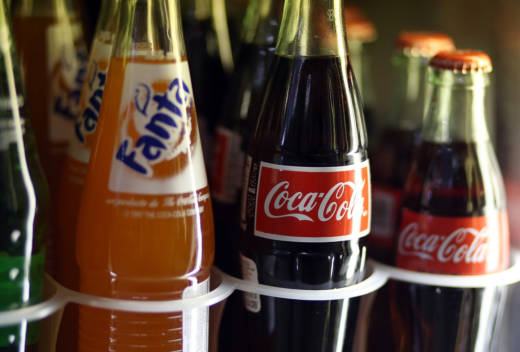If you wanted to buy a soda at work but couldn't, would you drink more or less of the sugary liquid when away from the office?
Preliminary results from what researchers are calling a first-of-its-kind study suggest limiting access to sugar-sweetened beverages at the workplace can help heavy soda drinkers reduce their overall daily intake.
Six months after UC San Francisco stopped selling sugar-sweetened beverages at its on-site cafeterias, stores and vending machines -- effectively creating a sprawling soda desert -- hundreds of workers opted to consume fewer sugary drinks while off the job, too, according to a survey of 2,500 employees across the university.
"To our surprise there were equal reductions in both environments. The sales ban was only during the workday but they were still drinking less after they got home," said Elissa Epel, associate director at UCSF's Nutrition and Obesity Research Center, and one of the researchers in the study.
The most significant drop in the sugar-sweetened beverage consumption -- about 25 percent -- was among service employees who used to drink an average of three 12-ounce cans before the ban, said Laura Schmidt, a professor of health policy in the School of Medicine at UCSF who is leading the survey of employees and spearheaded the sales ban.

